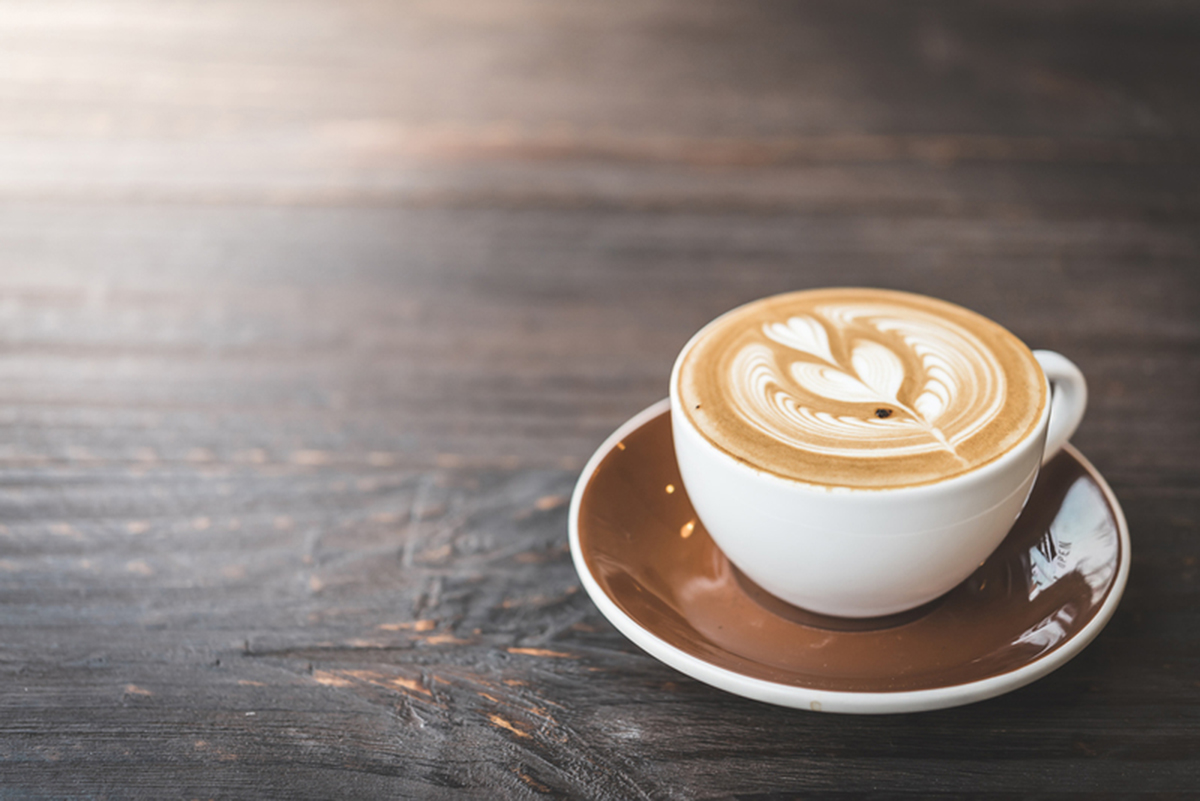Caffeine is the subject of a lot of controversy when considering the effects it has on a person diagnosed with hypertension. While there are no studies that can precisely define how caffeine affects a person’s blood pressure, doctors have witnessed how a cup of coffee can create blood pressure spikes, especially in people who don’t drink it on a daily basis.

Short-term effects caffeine may have on your blood pressure
There have been cases where coffee increased a person’s blood pressure shorter after having consumed it. Coffee is believed to create these sudden spikes in blood pressure, especially when your organism isn’t used to it. People who drink coffee on a regular basis haven’t been responsive to the blood elevation feature.
Thirty-four different studies summarized that about 300 mg of caffeine can increase your systolic pressure by 8 mm Hg, and your diastolic pressure by almost 6 mm Hg. This amount translates into about a cup, a cup and a half of coffee.
During these studies, both people with normal and those with high blood pressure were observed. The increase in blood pressure was noticed over a period of three hours after having consumed coffee in both groups.
Regular coffee drinkers, on the other hand, didn’t show any blood pressure increase signs, which could result from the fact that the body is used to its effects. To make a parallel, consider someone who takes a stimulant drugs, such as amphetamine. Those that are regular amphetamine users will need a much higher dose from the drug to stimulate their nervous system, compared to those who consume it very rare (about once per year).
Coffee and high blood pressure: The long-term effects of caffeine
Interestingly enough, coffee doesn’t seem to do much damage blood pressure-wise in the long run. Studies have shown that while caffeine does temporarily elevate blood pressure, the effects wear off in a few hours, without any long-term consequences.
When consumed within normal limits, coffee actually has some very interesting health benefits. Regular coffee intakes can reduce the risk of heart disease by about 15 percent, but it also lowers the risk of premature death. For a very long time, coffee has been known to have an antioxidant effect, because it is very rich in bioactive compounds. There are researchers who believe that the benefits provided by regular coffee intake outweigh the downsides by a lot.
Coffee and blood pressure tests
According to the American Journal of Hypertension, drinking coffee prior to taking a blood pressure test can affect the results which, in turn, can lead to a wrong diagnosis. Canadian researchers also believe that drinking coffee before monitoring blood pressure leads to incorrect hypertension diagnosis.
Since coffee is known to cause blood pressure spikes, it can lead the doctor to wrongfully believe that you are suffering from hypertension, when you aren’t. Because many doctors choose to repeat the blood pressure tests immediately after the first one, the results will be similar (unless the caffeine effect wears off between the two reads).
Coffee and calcium channel blockers
Calcium channel blockers are a type of medication that is normally prescribed to people that have at least stage 1 hypertension. They work to lower blood pressure by relaxing the arteries and facilitating blood flow inside them. The result is reduced blood pressure through the vessels.
During a study performed at Western's Schulich School of Medicine and Dentistry, researchers were looking to discover what happens when a person avoids coffee consumption for a long time, and then starts drinking it again. The premise of the study was to reveal that occasional coffee consumption reduces the effects of certain calcium channel blockers, such as felodipine.
The study was conducted on a group of people with normal blood pressure, and consisted of three stages. During this experiment, the people were not allowed to take any medication, but were also prevented from drinking coffee and alcohol, among other dietary restrictions.
When the three week period expired, the participants were divided into three groups: one of them received black coffee to drink, others were given a dose of felodipine, and the third group received both.
The results of the study have shown that even after quitting coffee for a mere two days, the participant experienced a very high blood pressure once they drank it again. The group that took both coffee and felodipine had higher blood pressure than the group who only took the calcium channel blocker.
Caffeine-induced hypertension: testing at home
If you have the necessary equipment, you can also test your blood pressure to see if it responds to a caffeine intake. To perform this test, monitor your blood pressure prior to having a cup of coffee and memorize the numbers. Drink a cup of coffee (or some other caffeine-based drink), and measure your blood pressure about half an hour later. If your blood pressure increases with five to 10 points, your body could be responding to the coffee intake by elevating your blood pressure.


Your thoughts on this